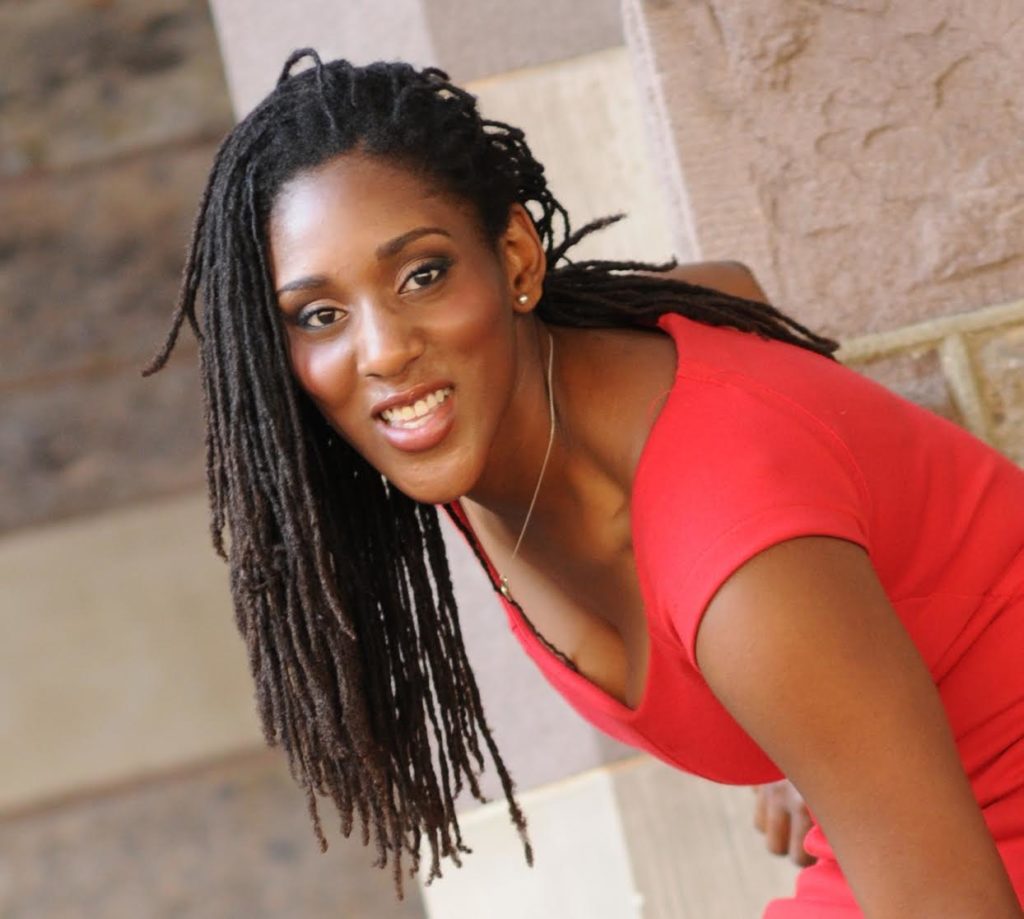By Cassidy DeStefano, news correspondent
Before Nike John founded fledgling real estate startup Vibe Residential, the Northeastern University alumna honed her business skills at a lemonade stand, stationing younger friends and neighborhood children nearby as marketing tools.
“Everything I do, I’m like, ‘Oh, how can I make this into a business?’” John said. “Everything is strategy.”
Now, John – who graduated in May – runs Vibe, an apartment and home search firm that serves customers through two distinct approaches: traditional realtor services and an online platform that helps college students find roommates, with a focus on pairing students from neighboring schools.
“Having the opportunity to live with someone who goes to school within a two-mile radius of you makes a lot of sense,” John said.
Vibe’s current market is 18-to-35-year-olds living in and around Boston, John said. People in that demographic move often and are attracted to the company’s simplified process of matching roommates, renters and buyers, she said.
“Our real estate services cater especially to millennials,” John said. “Our goal is to help you find a place that is livable and convenient for your personal schedule.”
Eve Anderson, a senior psychology major who lives off campus, said she was intrigued by Vibe’s focus on convenience.
“I imagine if I was hunting by myself I would have done something like this,” Anderson said. “Searching all over Boston can be overwhelming.”
John said that since opening earlier this fall, the business has served about 30 clients.
John first conceived Vibe while at Northeastern after transferring to the school as a third-year from George Washington University. To develop the skills necessary to run a company, she worked as a financial reporter for her first co-op and took several business classes to supplement her psychology major, she said.
John attributes much of her initial success in launching Vibe to guidance from the university’s student-run venture accelerator, IDEA.
“The great thing about IDEA is that they help you to narrow business ideas to one area rather than trying to take over the world at once,” John said.
That focus is by design, according to Greg Dalle-Molle, associate director of venture incubation for IDEA and a business professor in the D’Amore-McKim School of Business.
“Ideas are worthless; execution is everything,” Dalle-Molle said.
Initially, John modeled Vibe’s business plan after Next Step Realty in Manhattan, which emphasizes a “fun, luxury, seamless, one-day apartment hunt” according to the company website.
With coaching from IDEA mentors, she designed Vibe’s user experience from the ground up with Next Step Realty in mind, she said.
First, a customer calls an agent for a personal consultation that addresses housing options and preferences such as utilities, pet policies, financial constraints and proximity to a school or office. Then, the client chooses three to six listings from a list compiled by the agent and all the locations in a single day.
“The market moves quickly here, especially during peak season in March through June. It’s important to know that things go off in like a week or two,” John said of the emphasis on efficiency.
The chaos of Boston’s housing market can make finding a place to rent – or even a capable realtor – a challenge, according to Gabrielle Hunt, a junior chemical engineering major.
“I live off campus now and it was a struggle to find a place,” Hunt said. “I think something like this would have taken a bit of the stress out of finding a reliable real estate agent.”
Despite students’ interest in the service, Vibe has faced difficulty in generating publicity and finding new users.
“A lot of people ask us, ‘How do you do it without a storefront?’” John said. “We operate based on referrals.”
John plans to create a branding program in the future targeting college graduate students, who are typically not guaranteed on-campus housing.
Eventually, John hopes that Vibe will serve clients internationally.
Despite her future focus, John is cognizant of the impact her past has had in defining her business career.
“At the time, school seems like a lot of work, but once you get something you’re really invested in and you go do research, you realize that you can because you’ve practiced so much,” she said.
Photo courtesy Allie Schilling/Vibe Residential









